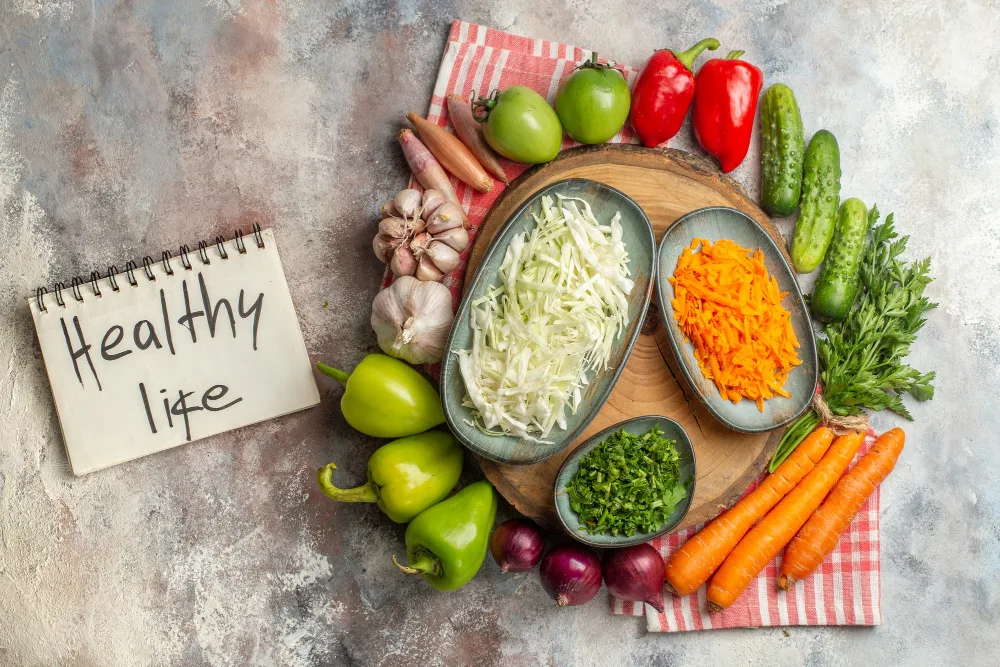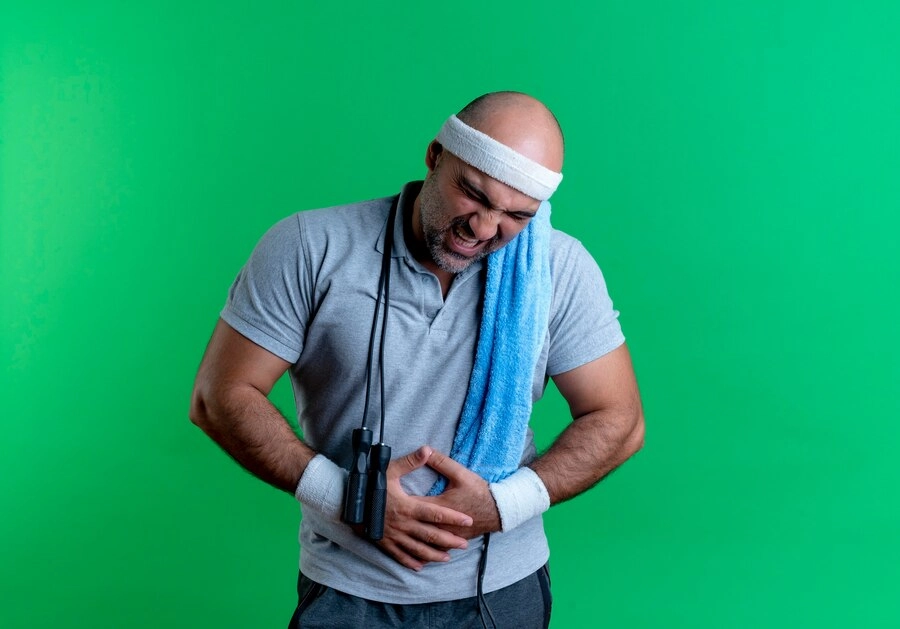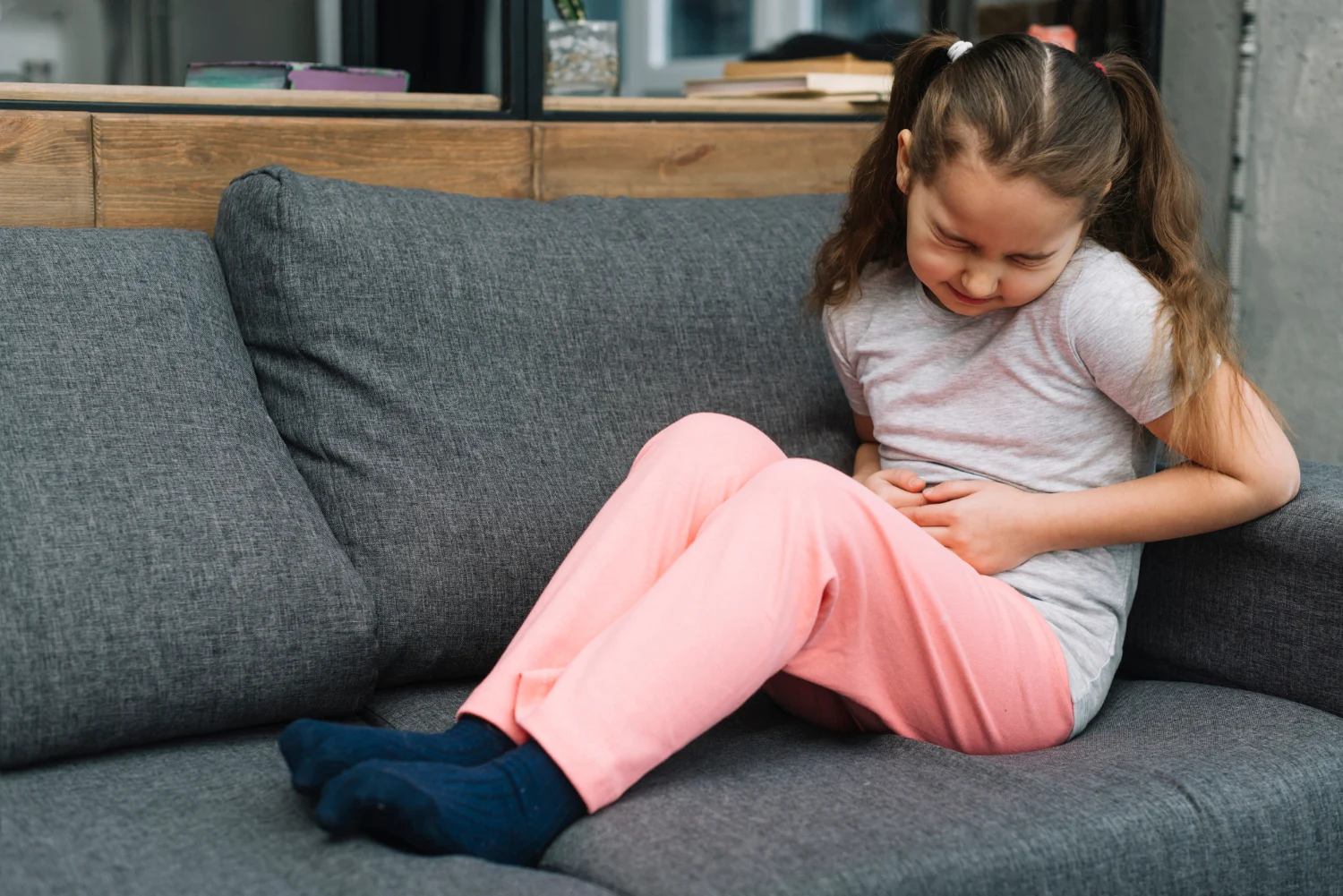What To Eat In Piles?
Category: General Surgery
Piles, or hemorrhoids, can cause discomfort, pain, and irritation, making daily life challenging. One of the most effective ways to manage piles is through proper diet. What you eat directly affects bowel movements, digestion, and the severity of symptoms. A fiber-rich, balanced diet can not only ease discomfort but also prevent the condition from worsening.
At Lokmanya Hospitals, we believe that the right lifestyle and dietary habits play a vital role in managing and preventing piles. Along with expert medical care, our specialists guide patients on adopting a nutrition plan that supports healthy digestion and reduces strain during bowel movements. With a holistic approach combining advanced treatment and practical dietary advice, we ensure that patients experience lasting relief and improved quality of life.
Why Diet Matters In Piles
Diet plays a vital role in controlling piles because constipation is one of the leading causes of this condition. When stools are hard, straining becomes unavoidable, which puts more pressure on rectal veins and worsens the symptoms. A nutritious, high-fiber diet helps soften stools and ensures smoother bowel movements.
Along with dietary and lifestyle changes, if you are experiencing persistent or severe symptoms, reach out to Lokmanya Hospitals, where expert piles doctors in Pune provide the right treatment for each case.
Fiber-Rich Foods For Piles Relief
Fiber is essential for healthy digestion and regular bowel movements. It absorbs water, making stools softer and bulkier, which helps in reducing strain during passing. Regular intake of fiber can prevent flare-ups and ease pain associated with piles.
Good fiber sources include:
- Whole grains – oats, barley, brown rice, whole wheat
- Fruits – apples, pears, berries, oranges, bananas
- Vegetables – spinach, broccoli, carrots, beans, pumpkin
- Legumes – chickpeas, lentils, kidney beans
Start slowly with fiber to avoid gas or bloating, and pair it with enough water intake.
Hydration – The Key To Recovery
Water is just as important as fiber in piles management. Without enough fluids, fiber can make stools even harder, worsening the condition. Proper hydration ensures that stools pass smoothly and reduces the chances of constipation.
Make it a habit to drink 8–10 glasses of water daily. You can also include buttermilk, coconut water, and soups to maintain hydration. Limiting dehydrating beverages like alcohol and caffeine will further support your recovery.
Foods To Avoid During Piles
Not all foods are helpful when dealing with piles. Some can trigger constipation, inflammation, or irritation in the digestive system, worsening your symptoms. Identifying and avoiding these foods is as important as including the right ones.
You should avoid:
- Processed and junk food like chips, pizzas, and frozen snacks
- Spicy and oily dishes that may irritate the bowel
- Red meat which is harder to digest and lacks fiber
- Refined flour items like white bread and pastries
- Alcohol and excess caffeine which can dehydrate the body
Cutting down on these foods will help reduce pain and flare-ups.
Easy-To-Digest Foods For Comfort
Gentle, easily digestible foods are ideal when you’re struggling with piles. They reduce irritation, provide comfort, and allow the digestive system to function smoothly. Such foods also support the healing process.
Include:
- Steamed vegetables and light dals
- Mashed potatoes or khichdi
- Curd, yogurt, and probiotic-rich foods
- Soups and broths
- Soft rice dishes
These options help maintain energy while being easy on the stomach.
When To Seek Medical Help
While diet can greatly improve piles symptoms, it may not be enough in advanced stages. If you notice persistent bleeding, severe pain, or swelling, it is essential to seek medical advice. In some cases, procedures like minimally invasive surgery may be recommended.
At Lokmanya Hospitals, experienced piles surgeons in Pune provide expert care and advanced treatment options to help patients recover safely and comfortably.
Conclusion
The right diet is one of the simplest yet most effective ways to manage piles. By focusing on fiber-rich foods, staying hydrated, avoiding irritants, and including easy-to-digest meals, you can ease discomfort and improve your digestive health. However, diet alone may not be enough if symptoms persist.
At Lokmanya Hospitals, patients can access expert care, including piles surgery in Pune, ensuring effective and lasting relief. Along with medical support, simple dietary changes can help manage piles and improve daily comfort.
FAQ’s
1. Can diet alone cure piles?
Diet helps manage symptoms and prevent worsening, but severe cases often need medical treatment.
2. Which fruits are best for piles?
Fruits like apples, pears, bananas, and berries provide fiber that helps soften stools.
3. Can spicy food worsen piles?
Yes, spicy and oily foods can irritate the digestive tract and worsen pain.
4. Is milk good for piles?
Plain milk is fine in moderation, but avoid full-fat and sugary milk products that cause constipation.
5. How much water should I drink daily for piles relief?
At least 8–10 glasses of water, along with hydrating drinks like soups and buttermilk.
6. Do I need surgery if piles don’t improve with diet?
If symptoms persist despite lifestyle changes, surgery may be required.
7. Can piles return after surgery?
Yes, but maintaining a healthy diet and lifestyle lowers the chances of recurrence.
Previous blog
What Causes Piles?
Next blog






